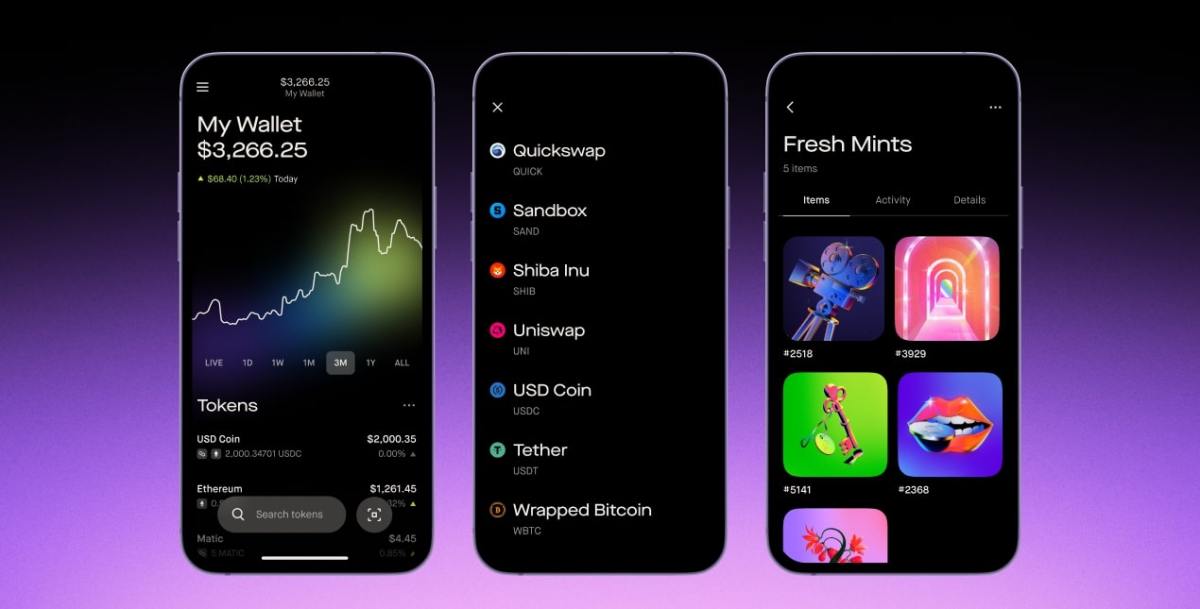Why Are Ransomware Attacks on Retail So Common?
We’ve all seen those suspicious emails that show up in our inboxes: “Is this picture of you?” they’ll ask, as we hover over that link for just a moment. Now more than ever, companies are aware and preparing for digital threats and data breaches. Despite that, or perhaps because of it, year after year both the amount and the sophistication of digital attacks increases. According to IBM’s 2022 report on the cost of a data breach, the global average cost for a data breach was a record-breaking $4.35 million, a figure that’s risen nearly 13% just in the last year. For ecommerce and big box retailer professionals who might be wondering, do these trends match up to the data behind ransomware attacks on retail?
When it comes to who bad actors are targeting, it seems more are turning to the retail industry as an industry ripe for exploitation. Research out of cybersecurity and device data privacy firm BlackFog, which catalogs the rate of retail sector cybersecurity breaches yearly, found that ransomware attacks on retail increased by 67% in 2022, year-over-year. Compared to 2020, the increase was even more substantial, growing by 233%.
Daniel Pigeon, the senior product marketing manager at Cyberint, explains why ransomware attacks on retail might be growing in prominence and where hackers are finding vulnerabilities to take advantage of.
Daniel’s Thoughts:
“In 2022, the retail industry was the third most targeted industry for ransomware attacks, and 14% of all ransomware attacks that the Cyberint team observed were on retail industry organizations. So, this raises an important question, which is why are threat actors in ransomware groups targeting the retail industry?
From our research at Cyberint, we believe that there’s two primary reasons. First of all, when threat actors target and attack retail industry organizations, they don’t receive nearly as much negative attention from the media or from law enforcement as when they attack other industries such as healthcare, education, government, and critical infrastructure.
The second reason is that retail industry companies tend to have a weaker cybersecurity posture compared to other industries like technology,…


